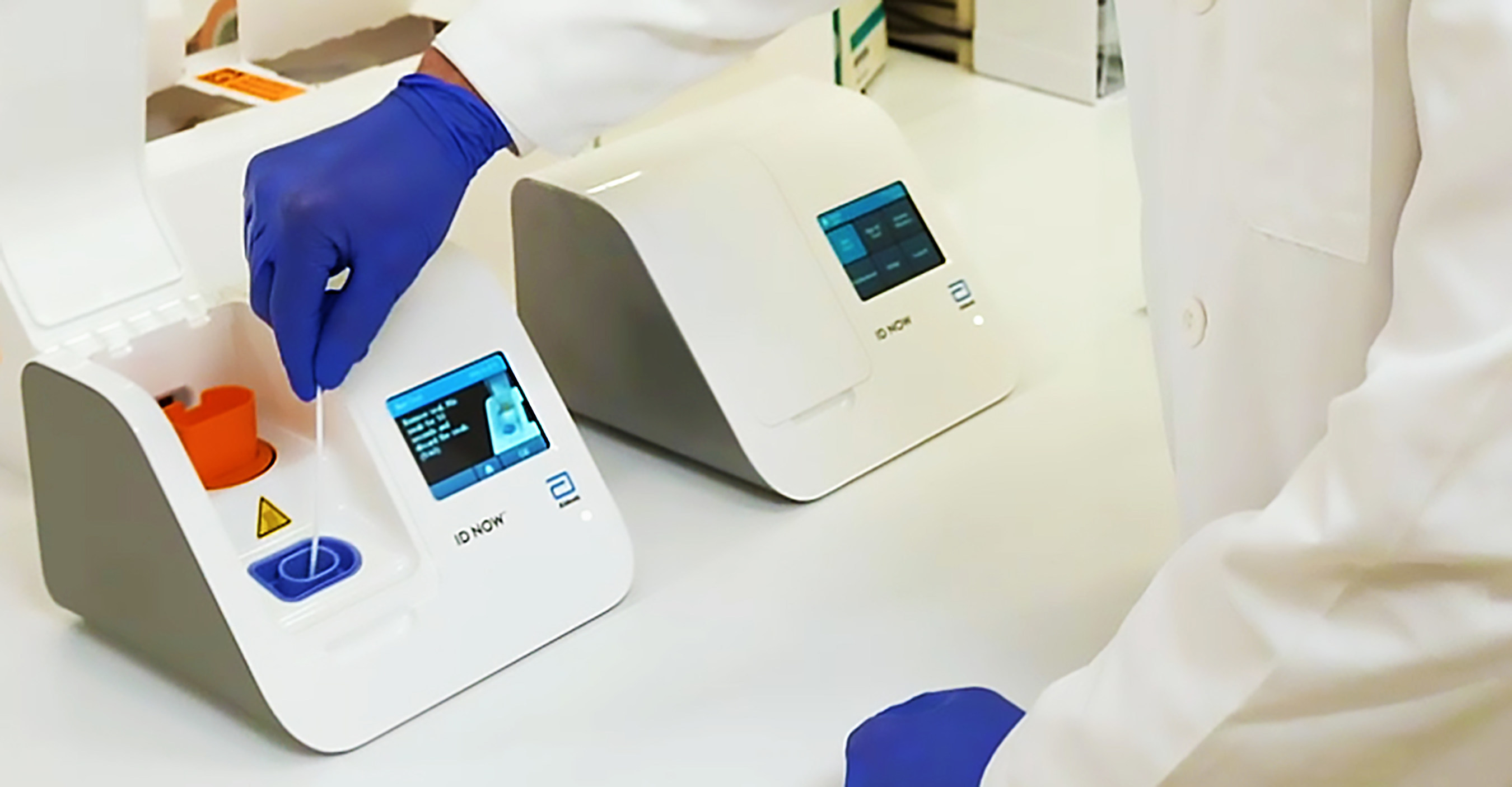Field Test Kit for Plague (Yersinia pestis) in Wildlife Monitoring
The field test kit designed for detecting Yersinia pestis, the causative agent of plague, is a critical tool used in wildlife monitoring programs. This rapid diagnostic testing method allows for quick identification and early intervention, which is essential to prevent outbreaks that could spread to human populations.
The test kit operates based on nucleic acid detection technology, which targets specific genetic material within Yersinia pestis. This approach ensures high sensitivity and specificity. The primary specimen used in this testing method is typically blood or tissue samples collected from wildlife reservoirs such as prairie dogs and ground squirrels.
The test kit’s portability makes it suitable for use in remote areas where access to specialized laboratories is limited. It can be used by trained field personnel who do not necessarily have extensive laboratory experience, thus broadening the scope of those capable of performing these tests. The simplicity of the test procedure allows for quick turnaround times, which are vital in controlling potential outbreaks.
Field testing for plague has significant implications beyond just wildlife management. It serves as an early warning system to detect and respond to potential public health threats. By identifying infected animals before they become symptomatic, it helps prevent the spread of the disease through vectors like fleas and rodents.
The use of this field test kit in wildlife monitoring aligns with global efforts towards infectious disease surveillance and control. It is part of a broader strategy aimed at preventing zoonotic diseases from spilling over into human populations. Compliance with international standards such as ISO 15180 ensures reliability and consistency in the testing process.
The test kit’s accuracy and ease of use make it an invaluable asset for organizations involved in wildlife conservation, public health agencies, and research institutions. It supports effective decision-making processes by providing timely information about the presence or absence of plague in targeted areas.
In conclusion, the field test kit designed for detecting Yersinia pestis is not only a technical advancement but also a strategic tool in managing wildlife health. Its role extends beyond mere detection; it plays a crucial part in safeguarding both animal and human health, contributing significantly to global public health initiatives.
Eurolab Advantages
Eurolab prides itself on offering cutting-edge solutions tailored specifically for the clinical and healthcare sectors. Our field test kit is no exception; it combines precision with portability, ensuring reliable results even in challenging environments. Here are some of our key advantages:
- High Sensitivity & Specificity: Ensuring accurate identification of Yersinia pestis.
- Rapid Results: Providing quick turnaround times essential for timely interventions.
- Portability: Designed to be used in remote locations with limited infrastructure.
- User-Friendly Design: Simplifies the testing process, making it accessible even to less experienced personnel.
- Compliance: Meets international standards like ISO 15180 for reliability and consistency.
- Ethical Considerations: Supports sustainable wildlife management practices while enhancing public health safety.
We continue to innovate, ensuring our products meet the evolving needs of the healthcare industry. Partner with Eurolab for comprehensive testing solutions that drive better outcomes in clinical and healthcare settings.
Why Choose This Test
Selecting a reliable field test kit is crucial when dealing with diseases like plague, especially given its potential to affect both wildlife populations and human health. Here’s why you should opt for our test:
- Accurate Detection: Our test provides precise results using advanced nucleic acid detection technology.
- Early Intervention: Timely identification of infected animals helps prevent the spread of plague.
- User-Friendly: Designed with simplicity in mind, even those without extensive lab experience can perform tests effectively.
- Cost-Effective: By reducing the need for expensive transport and laboratory equipment, our kit offers a cost-efficient solution.
- Global Recognition: Eurolab’s commitment to quality ensures compliance with international standards like ISO 15180.
- Ethical Responsibility: Our products support sustainable wildlife management practices contributing positively to the environment.
Choose our field test kit for its robust performance and commitment to excellence. Together, we can make a significant difference in protecting both animal and human health.
Environmental and Sustainability Contributions
The use of the field test kit designed specifically for detecting Yersinia pestis contributes positively to environmental sustainability efforts. By enabling early detection and intervention, it helps prevent large-scale outbreaks that could lead to widespread culling or other harmful measures aimed at controlling plague.
This approach supports sustainable wildlife management practices by promoting targeted interventions rather than blanket solutions. It minimizes disruption to natural ecosystems while ensuring public health safety. Compliance with international standards like ISO 15180 ensures consistent quality, enhancing trust in the testing process and its outcomes.
The simplicity of our test kit also reduces the environmental footprint associated with complex laboratory operations. It requires minimal resources for setup and operation, making it an eco-friendly choice for field-based applications. Additionally, by supporting sustainable practices, we contribute to broader goals outlined in the United Nations Sustainable Development Goals (SDGs).
In summary, choosing our field test kit not only addresses immediate public health concerns but also aligns with long-term environmental sustainability objectives. It represents a balanced approach that benefits all stakeholders involved.





